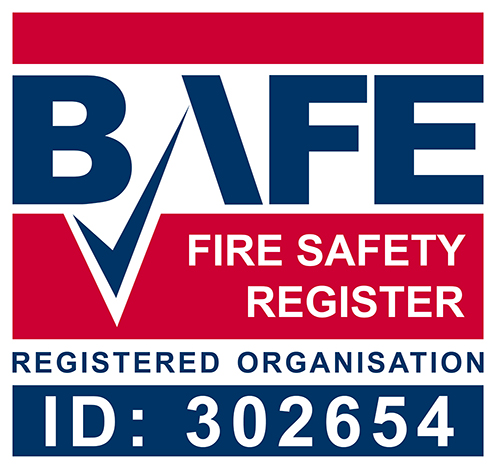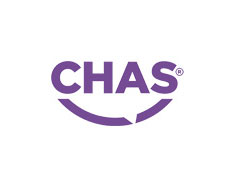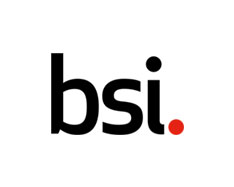At Clear Sound Fire & Security, we believe it is essential to understand how CCTV cameras work. In this blog, we’ll take a closer look at NVR CCTV in more detail.
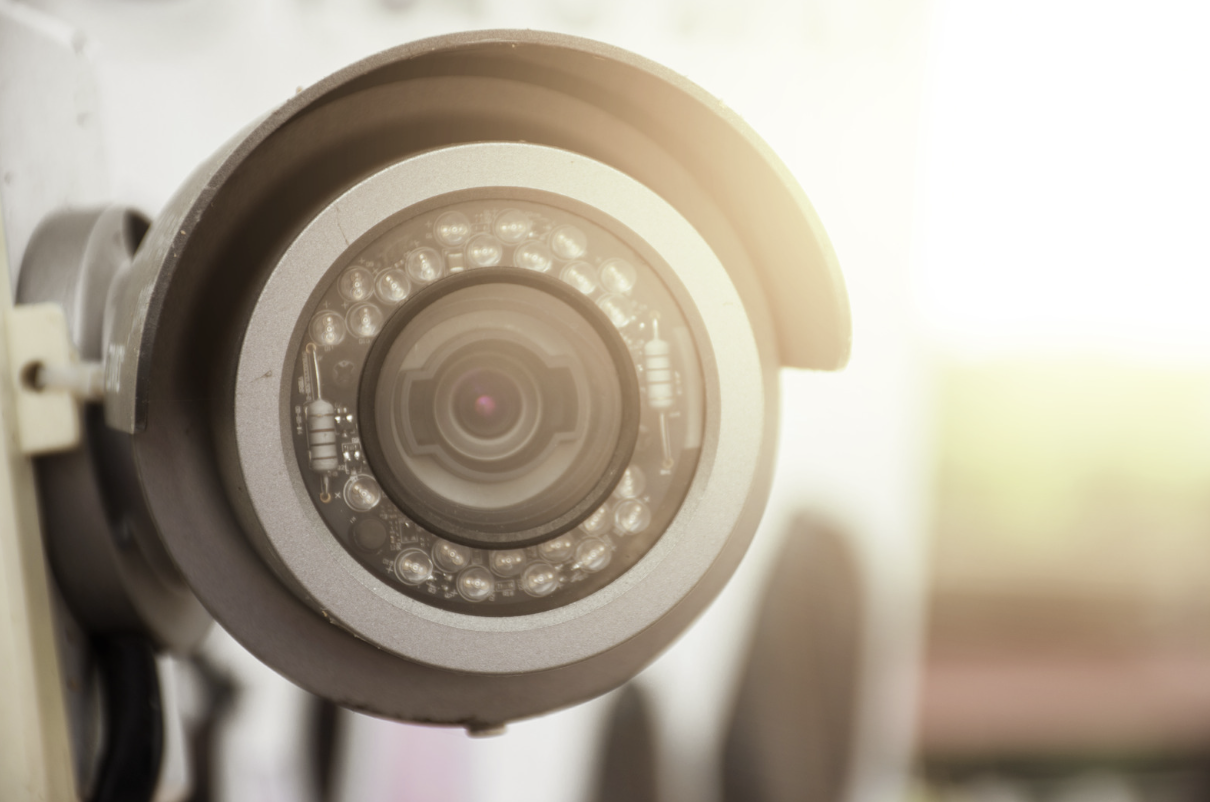
Understanding The Network Video Recorder
NVR stands for Network Video Recorder, a system used in IP video surveillance. It processes and stores video data transmitted over a network from IP cameras. Unlike DVRs (Digital Video Recorders) that work with analogue cameras, NVRs are designed for digital IP cameras.
The benefits of using an NVR camera system include enhanced video quality, flexibility in installation, and the ability to scale the system by adding more cameras as needed.
How Does an NVR Camera System Work?
NVR systems exclusively operate with IP cameras, offering enhanced video quality and scalability for UK businesses. Unlike DVRs (digital video recorder), NVRs receive data over a network, allowing for more flexible and extensive security camera arrangements. They are a pivotal component in modern video surveillance setups, providing a secure and high-quality solution.
Accessing Camera Streams and Reviewing Recorded Footage
Accessing camera streams and recorded footage through NVR systems is straightforward. Users can monitor security via user-friendly interfaces on various devices. Moreover, most NVR systems come with remote viewing capabilities, ensuring continuous security monitoring regardless of the user’s location. This flexibility is crucial for maintaining robust security.
Compared to traditional analog cameras, the integration and versatility offered by NVRs, or network video recorders, represent a significant advancement in security camera systems. The transition from analog camera setups to NVR-based systems marks a step forward in the realm of surveillance, providing clearer visuals and enhanced storage solutions. The seamless fusion of NVR technology with contemporary security camera systems promises improved vigilance and greater peace of mind.
Cameras Used by Network Video Recorders
NVRs primarily use IP cameras, which connect to the network. This connection to wireless cameras allows for advanced functionalities and superior video quality, making them essential for comprehensive security in various UK business settings. Their remote access and real-time alerts ensure prompt responses to security threats.
Furthermore, unlike traditional analogue cameras, IP security cameras record in a digital format, ensuring more precise, crisp visuals. This digital advantage means that IP cameras capture even the minutest details, which is crucial for identification and evidence collection. With the surge in businesses across the UK adopting these advanced technologies, IP cameras are becoming the preferred choice for enhanced security solutions.
Components of an NVR System
An NVR system comprises:
IP cameras
The Network Video Recorder itself
A viewing interface
The IP cameras transmit high-quality video data to the NVR, which then efficiently stores and manages it. The user-friendly interface ensures easy viewing and management of live streams and recorded footage.
Necessary Cables for Network Video Recorders
For NVR systems, standard Ethernet cables are typically used, ensuring efficient data transfer between IP cameras and the NVR. Ethernet cables facilitate smooth video data flow and deliver power to the IP cameras, enabling a streamlined installation process and reducing video cable clutter.
Benefits of NVR Systems
An NVR security system is a game-changer for businesses and individuals alike. Here’s a deeper dive into the advantages:
1. Superior Video Quality:
Unlike traditional setups, an NVR system captures and stores video in a digital format. This ensures crisp and clear footage compared to older analog systems. The difference is particularly noticeable when it comes to details and clarity.
2. Flexible Access to Security Footage:
With an NVR, you can easily access your video recordings over your Wi-Fi network. Whether all components are on the same network or distributed, retrieving data remains seamless.
3. Remote Viewing Capabilities for Constant Monitoring:
Beyond just local access, the system’s remote viewing feature allows you to keep an eye on your premises, even from afar. This is facilitated through a secure connection to your NVR recorder, ensuring you’re always in the loop.
4. Immediate Response to Security Breaches:
Incorporating audio transmission along with video, many NVR system components can provide real-time alerts. This means that you can act swiftly when a security incident occurs, ensuring optimal protection.
5. Compatibility with Existing Cameras:
One of the standout features of NVR systems is their ability to integrate with existing cameras. So, whether you’re upgrading or expanding your security setup, you can often leverage your current equipment without a complete overhaul.
These features not only make NVR systems a top choice for UK businesses but also provide unparalleled peace of mind for owners and stakeholders.
DVR Security Systems vs. Cloud-Based NVR
While traditional DVR systems use analogue cameras, cloud-based NVRs utilise IP cameras, representing two distinct security approaches in the UK. This difference affects the efficiency and flexibility of managing security footage. NVRs, with their enhanced access and data security, are often the preferred choice for modern security needs.
DVR systems, paired with analogue cameras, cater to simpler security needs by processing video data locally. On the other hand, NVR systems with wireless IP cameras offer superior video quality and remote accessibility, addressing modern security challenges. This distinction places NVRs as a more advanced and adaptable option.
The Role of DVRs
DVR Recorders are ideal for smaller UK businesses with basic security needs. They convert analog camera signals to digital, ensuring efficient video data management. While the DVR system might not have the advanced features of an NVR system, it can consistently record video and meet fundamental security requirements.
Cloud Cameras in the Security Landscape
Cloud cameras are emerging as innovative components in UK security, offering versatile access to video footage from multiple cameras. Their ability to provide immediate access to real-time and recorded footage from anywhere makes them a top choice for those prioritising flexibility and prompt security responses.
Criteria for Choosing an NVR Camera System
When selecting an NVR system, consider:
1. High video quality:
Modern NVRs, unlike older analog security cameras, deliver crisp digital footage, ensuring clear visuals. This advancement from the traditional digital video recorders (DVR) used with CCTV cameras represents a significant leap in surveillance quality.
2. Reliable remote access:
An ideal NVR allows you to monitor feeds from any location, ensuring continuous oversight whether you use wired or wireless security cameras.
3. User-friendly interfaces:
The best NVR systems combine potent features with simple navigation, making it easy for users to access and manage their video surveillance system.
4. Advanced hardware supporting intelligent video analytics:
Top-tier NVRs come equipped with smart video analysis capabilities, such as motion detection and facial recognition, enhancing security measures.
The Capability to Store Video Footage in A Cloud-Based Library
In the evolving landscape of UK security, the ability to save footage to a cloud library is a distinguishing feature of modern NVR systems. This functionality allows users to store and retrieve video data remotely, offering an enhanced level of flexibility and accessibility. Such a feature is indispensable for users seeking secure, off-site storage solutions and instant accessibility to recorded footage, ensuring swift responses to any security anomalies detected.
How Many Cameras Can Be Connected to an NVR?
NVRs are available in various configurations, supporting anywhere from 4 to 32 IP cameras for UK businesses. Advanced NVR systems can support even more cameras for more extensive operations, allowing UK businesses to expand their surveillance capabilities without significant system alterations.
How Long Will My NVR Record For?
The recording duration of an NVR is influenced by factors like storage capacity, the number of IP cameras, recording resolution, and recording triggers, with ample storage being crucial for UK businesses to avoid overwriting critical data. Adjusting settings like lowering the resolution or setting the system to record audio only upon motion detection can help extend the recording duration.
Regularly reviewing and efficiently managing storage by archiving essential footage can ensure that the NVR system continues to capture and store vital video and audio data seamlessly.
Can NVRs Connect to Wi-Fi?
Many NVR CCTV systems can connect to WiFi, offering flexibility in positioning IP cameras and facilitating installation, especially for UK businesses with wiring limitations. This wireless connection enables the NVR system to process video data from IP cameras, reducing the need for extensive cabling as well as allowing for the benefits of remote video monitoring.
However, a stable and secure WiFi connection is essential to maintain the integrity and reliability of video surveillance systems. Using secured networks and robust passwords is crucial to prevent unauthorised access and ensure seamless operation of the NVR system.
Does an NVR Need a Hard Drive?
An NVR does require a hard drive to store footage from connected IP cameras, making having an adequately sized hard drive crucial for UK businesses seeking comprehensive video surveillance.
The size of the hard drive determines the storage capacity, affecting how long the recorded video can be retained. Some NVR systems offer built-in storage, while others need an external hard drive, letting businesses select a suitable storage solution according to their needs.
What Does Network-Attached Storage (NAS) Do?
Network-attached storage (NAS) is a dedicated storage solution accessible via a network, providing centralised storage for video data for UK businesses using NVR systems. This allows for streamlined management and access to footage, offering an efficient solution for those with extensive storage needs.
This centralisation ensures the availability and redundancy of critical surveillance footage, enabling seamless access and sharing within the network. It thus enhances the overall security posture of an organisation.
About Us: Clear Sound Fire & Security
Established in 1978, Clear Sound Fire & Security, based in Coventry, has been at the forefront of offering professional electronic solutions and services. With over four decades of authentic in-house experience, our technical expertise is unparalleled. Our spectrum of installations spans from sizeable commercial fire and security systems to domestic arrangements for households across Coventry, Warwickshire, and the West Midlands. We are committed to ensuring the safety and security of your home, family, or business.
Our extensive suite of security services comprises specialist CCTV system installations, remotely monitored CCTV, intruder alarms, access control, fire alarms, electronic gates and barriers, induction loops, and public address systems. Let us help bolster your security – reach out to us today!
Conclusions
In the rapidly evolving landscape of security in the UK, understanding the intricacies of CCTV systems, particularly NVRs is paramount for businesses. In contrast to their DVR counterparts, NVR (Network Video Recorder) systems offer enhanced video quality, scalability, and flexibility, making them a preferred choice for modern security needs. With the ability to connect exclusively to IP cameras, NVRs provide businesses with superior surveillance capabilities, remote access, and real-time alerts, ensuring a robust response to security threats. Moreover, the integration of cloud storage and Network-Attached Storage (NAS) solutions further amplifies the benefits, offering businesses a comprehensive, adaptable, and efficient security system. As security challenges continue to grow, it’s essential for businesses to invest in advanced systems like NVRs that not only meet current needs but also anticipate future demands.
Clear Sound Fire & Security are specialists in delivering bespoke CCTV solutions in the UK, aligning with individual needs and preferences to ensure optimal security outcomes. Get in touch with us today for more information.
You may also like: What Does CCTV Stand For?
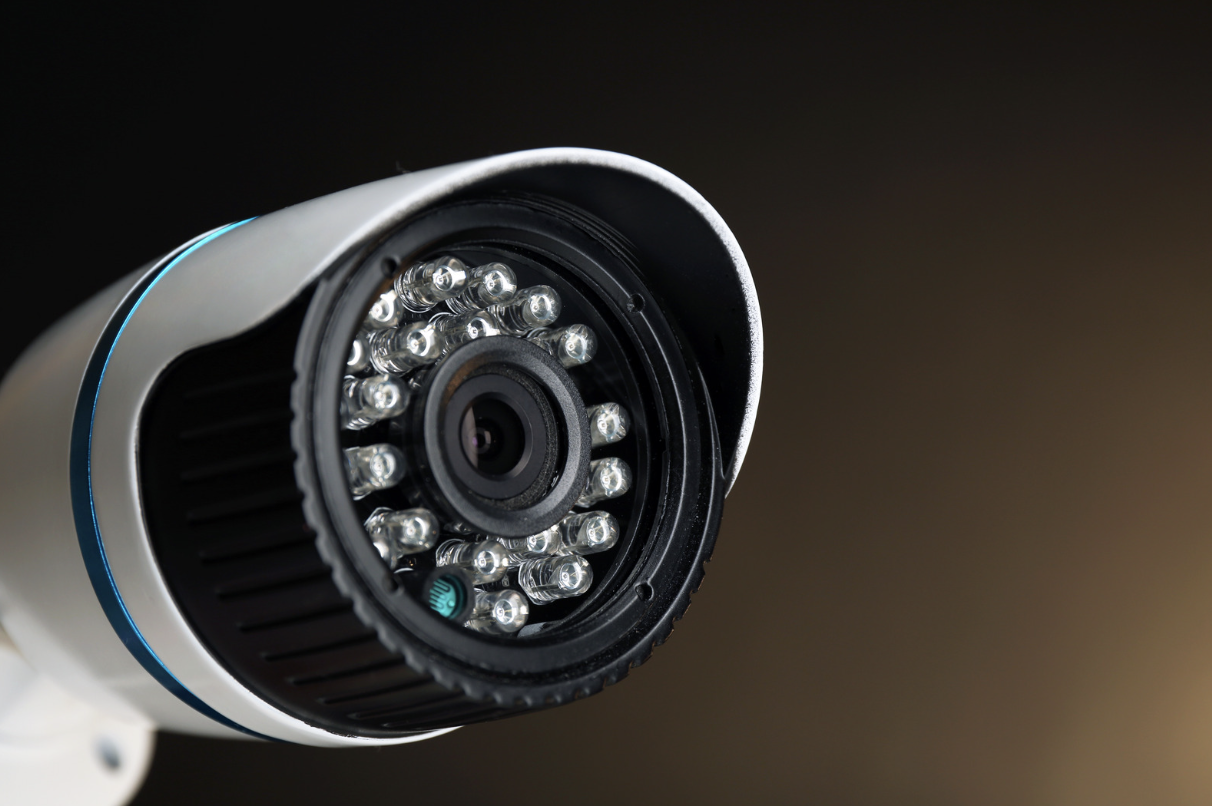
FAQs
To aid you in understanding these systems better, we’ve put together a list of commonly asked questions and provided informative responses to help UK businesses make informed decisions.
What is NVR on CCTV?
An NVR in CCTV stands as a pivotal component in modern security systems. It is a device that digitally records video data from connected IP cameras, ensuring crisp and clear footage without the degradation sometimes experienced with analog methods.
This makes it particularly ideal for UK businesses in search of advanced, scalable, and high-quality video surveillance solutions. Not only does it offer secure storage options, but it also paves the way for real-time monitoring, ensuring constant surveillance.
What Does NVR Stand For?
NVR stands for Network Video Recorder, a device used in CCTV systems in the UK to record, store, and manage video footage from IP cameras, offering a scalable and high-quality solution for security needs.
Is NVR Better Than DVR?
Whether an NVR is better than a DVR depends on your needs. NVRs offer higher quality, scalability, and flexibility, ideal for IP cameras in varied UK business settings. In contrast, DVRs are cost-effective and reliable, suitable for straightforward security needs with analogue cameras.
What is The Difference Between NVR and DVR CCTV?
The difference between NVR and DVR systems for CCTV systems lies in the cameras and transmission methods used. NVRs are designed for IP cameras, transmitting digital video data over a network, offering higher quality and flexibility for UK businesses. Conversely, DVRs connect to analogue cameras via coaxial cables, providing a more cost-effective and straightforward solution but with potential limitations in quality and scalability.


